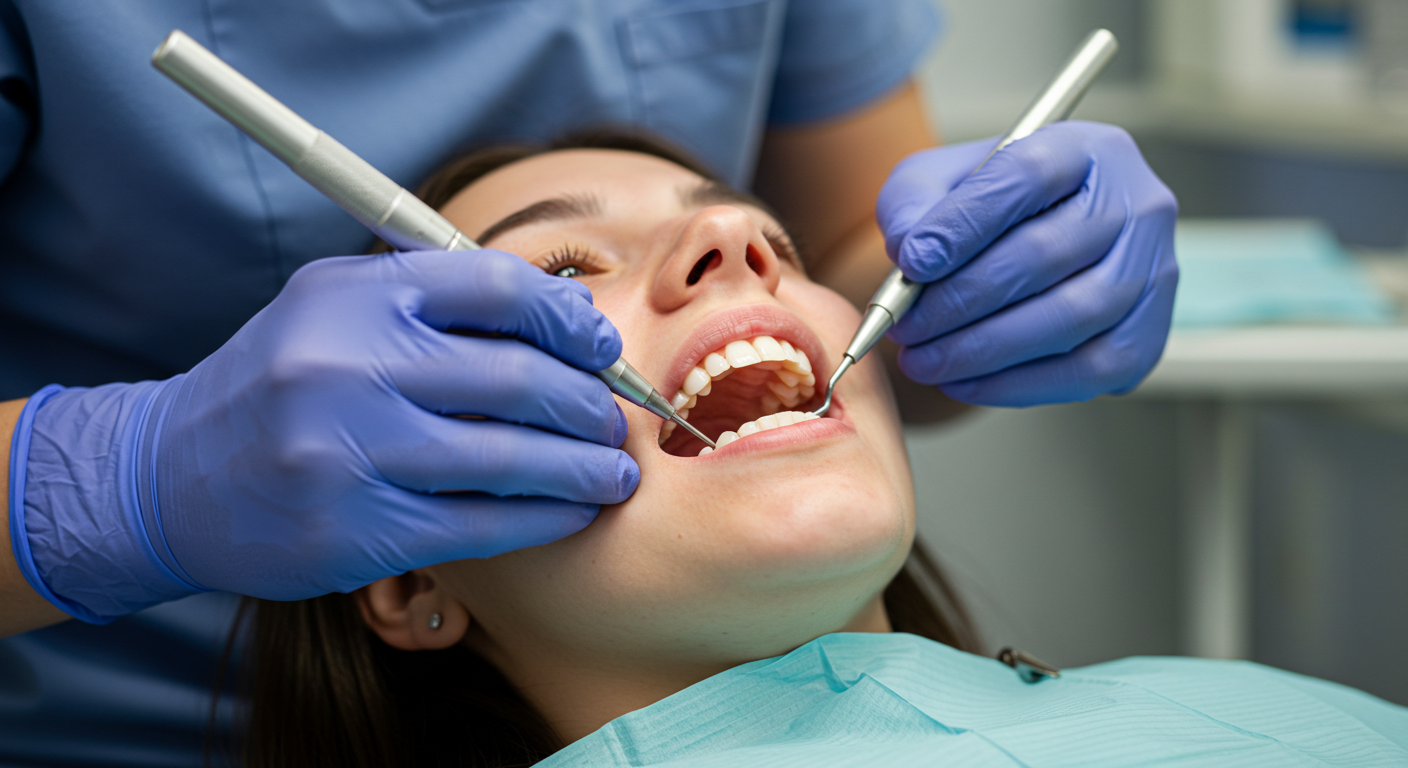Dental emergencies can strike without warning, leaving individuals in pain and often unsure of where to turn. Whether it’s due to a sudden injury, severe pain, or a dental infection, knowing when and how to seek the help of an emergency dentist is crucial. Emergency dentists provide immediate care and treatment to address urgent dental issues and prevent further complications. This article offers an overview of the essential services provided by emergency dentists during dental emergencies.
Types of Emergencies Handled by an Emergency Dentist
An emergency dentist is specially trained to manage a wide range of urgent dental issues, ensuring patients receive prompt care when they need it most. One of the most common reasons people visit an emergency dentist is for severe toothaches. These can be caused by a variety of issues, including deep cavities, infections, or abscesses. When a toothache is so intense that it cannot be managed with over-the-counter pain medications, an emergency dentist will perform a thorough examination to diagnose the cause and provide immediate treatment. This may involve procedures such as root canals to remove infected tissue, extractions to relieve pain, or prescribing antibiotics to treat infections.
In addition to toothaches, emergency dentists are equipped to handle dental trauma resulting from accidents, falls, or sports injuries. These incidents can result in chipped, cracked, or knocked-out teeth, all of which require prompt attention to prevent further damage and preserve oral health. If a tooth is knocked out, emergency dentists can attempt to re-implant it, but this is time-sensitive and typically needs to occur within an hour of the injury. Emergency dentists also treat cracked or chipped teeth using bonding, crowns, or other restorative techniques to repair the damage and protect the tooth. Soft tissue injuries, such as cuts or lacerations to the gums, tongue, or cheeks, are also common in dental emergencies. Emergency dentists provide care to clean and stitch these wounds if necessary, ensuring proper healing and preventing infection.
Diagnostic and Treatment Services Provided by an Emergency Dentist
During a dental emergency, accurate and rapid diagnosis is critical. Emergency dentists use a variety of diagnostic tools, including X-rays, to assess the extent of damage or infection. This allows them to develop an effective treatment plan tailored to the patient’s specific needs. For example, if a patient presents with severe swelling and pain, the emergency dentist may use X-rays to determine if an abscess is present. If an abscess is diagnosed, the dentist will typically drain it to relieve pain and prescribe antibiotics to combat the infection.
Another important service provided by emergency dentists is the management of lost fillings or crowns. When a filling or crown is lost or damaged, it can expose the underlying tooth to bacteria, increasing the risk of decay or infection. Emergency dentists can quickly replace lost fillings or crowns with temporary or permanent solutions, protecting the tooth and restoring its function. Additionally, emergency dentists offer services for orthodontic emergencies, such as broken braces or wires, which can cause discomfort and damage to the mouth. They can make necessary repairs or adjustments to alleviate pain and prevent further injury.
The Role of Follow-Up Care After a Dental Emergency
After receiving immediate treatment from an emergency dentist, follow-up care is often recommended to ensure full recovery and to prevent future problems. Emergency dentists may schedule follow-up visits to monitor the healing process and check for any signs of complications. This ongoing care is essential, particularly in cases involving infections or complex procedures like root canals and extractions. During these visits, emergency dentists can also provide additional treatments or make adjustments to previous work as needed.
Education and preventive care are also key components of an emergency dentist’s role. Patients who experience a dental emergency are often advised on proper oral hygiene practices and ways to avoid similar issues in the future. This might include using protective gear during sports, avoiding hard foods that can chip or break teeth, and maintaining regular dental check-ups. By offering comprehensive care and guidance, emergency dentists help patients maintain their oral health and reduce the likelihood of future emergencies.
Emergency dentist are essential healthcare providers who offer immediate and effective care during dental emergencies. From treating severe pain and infections to managing injuries and providing follow-up care, they play a crucial role in maintaining oral health. Understanding the services offered by emergency dentist and when to seek their help can ensure that dental emergencies are managed promptly and effectively, leading to better outcomes and a faster return to normal life.
Read More:
Understanding the Role of an Emergency Dentist: A Comprehensive Overview




